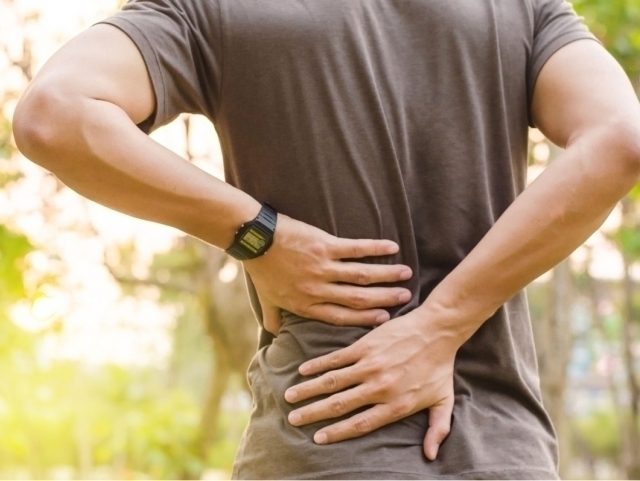Massaging during a hernia flare-up is dangerous – expert
Wellness
−
21 October 2024 6445 2 minutes
Leg and back pain have become increasingly common in recent times, with many patients being diagnosed with intervertebral disc herniation following medical examinations. But what exactly is this condition, and how should it be treated? Shohaydar Shotursunov, Doctor of Medical Sciences, addresses these concerns.
According to Dr. Shotursunov, intervertebral disc herniation typically occurs in the neck and lower back. Patients often cannot detect the condition on their own; accurate diagnosis is only possible through computer tomography (CT) and magnetic resonance imaging (MRI).
Many people tend to ignore back pain, attributing it to issues such as "salt accumulation" or "nerve fiber coldness." This neglect often leads to the condition worsening over time.
During a hernia attack, patients may experience nausea, vomiting, and abdominal pain when pressing on the herniated area. The hernia can swell and harden. In such cases, taking painkillers is strictly discouraged, as they may cause further complications.
"Additionally, self-treatment at home can lead to serious problems. The best course of action is to see a doctor and follow the prescribed treatment plan. Family members often suggest pressing on the spine or massaging the affected area, but as an expert, I can say these actions may worsen the herniated spine and aggravate the patient’s condition," warns Dr. Shotursunov.
Earlier, we shared information about which foods to avoid during illness.
Live
All
